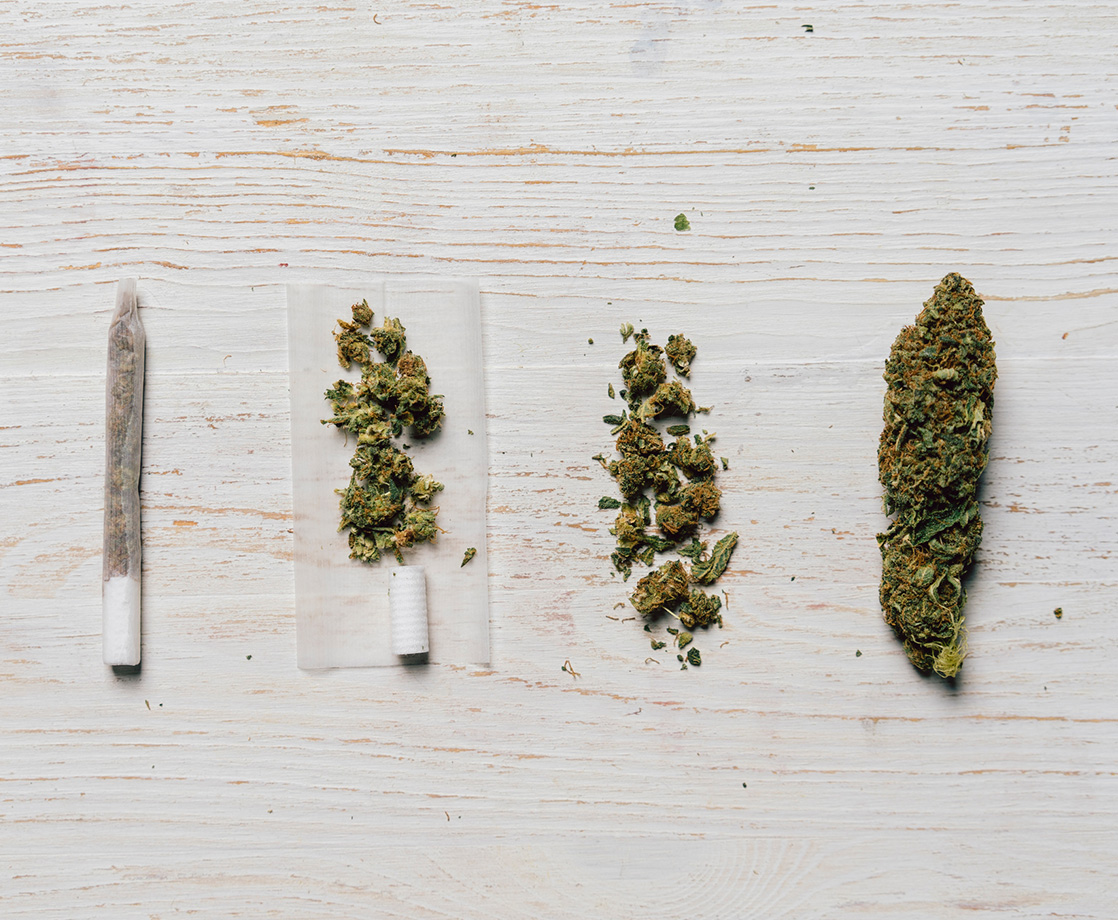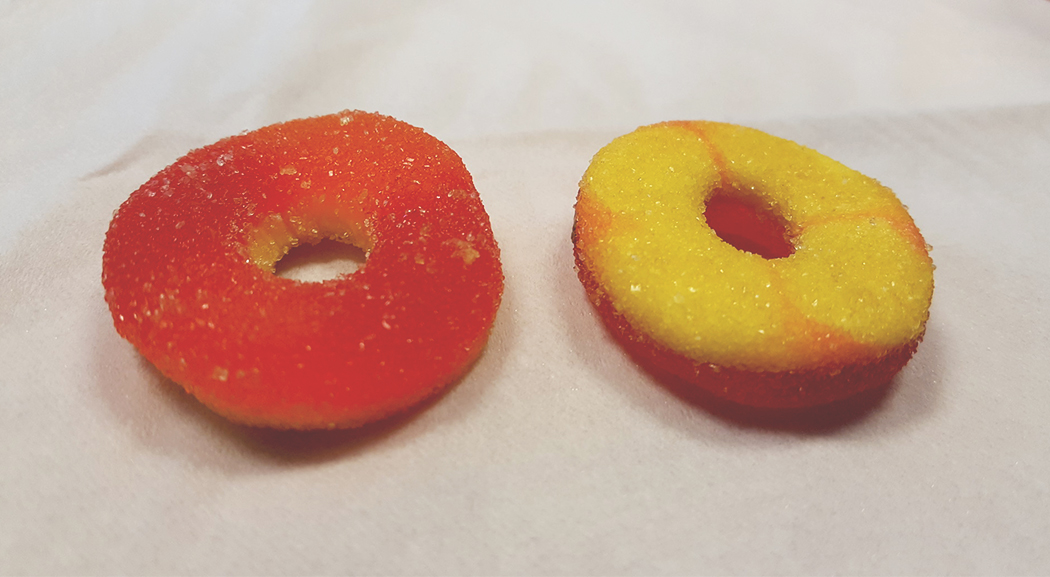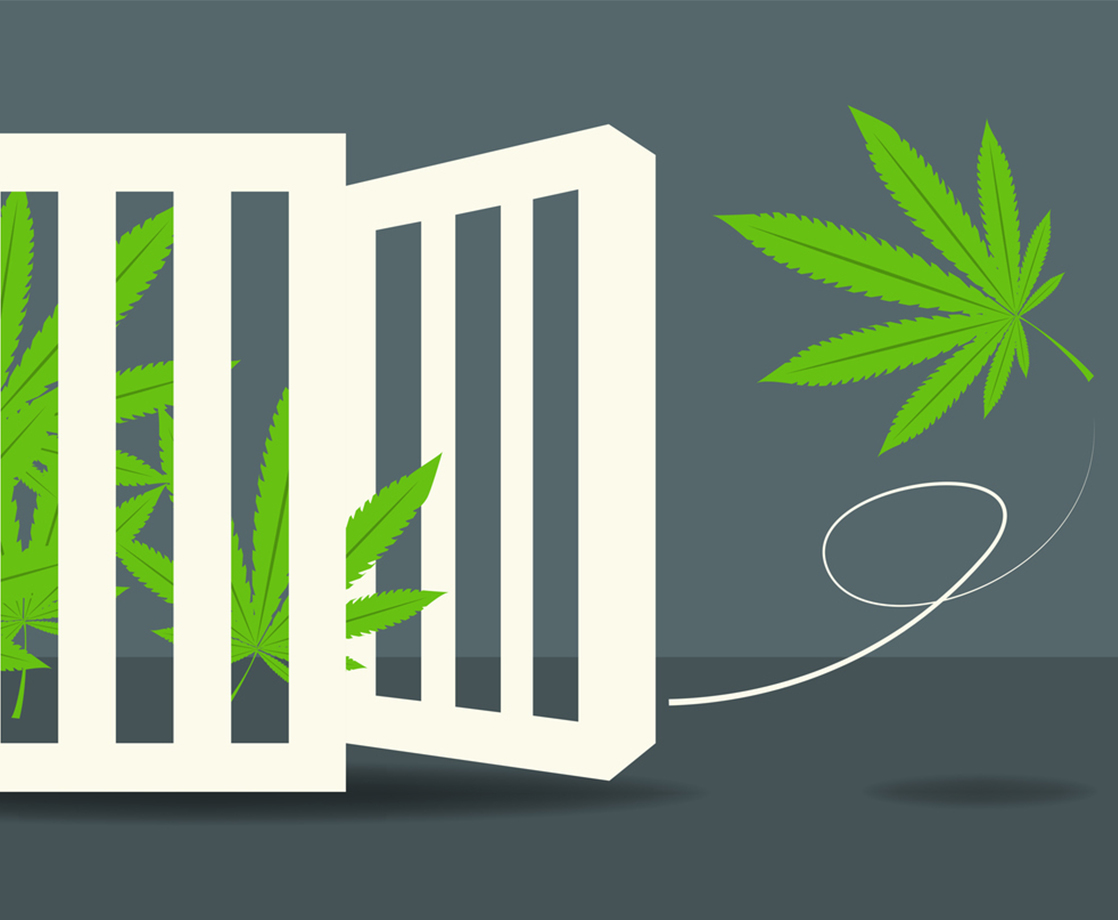Oklahoma lawmakers and cannabis advocates are up in arms this week, once again demanding a special legislative session to sort out the Sooner State's newly legalized medical marijuana program.
After passing one of America's most progressive medicinal cannabis laws last month, the Oklahoma Board of Health (BOH) met for the first time as legal weed regulators on Tuesday, and voted to ban the sale of smokable cannabis entirely.
According to Tulsa World, the BOH decision was approved by a narrow 5-4 vote, and will now hamstring potential Oklahoma pot shops into selling only pills, topicals, tinctures, oils, and other ingestible or vaporizable cannabis products. In addition to the ban on flower sales, the recently-appointed regulators passed another amendment requiring every dispensary to have a licensed pharmacist on-site.
As soon as the Board of Health vote was finalized, medical marijuana advocates and legislators across Oklahoma quickly expressed their disappointment and frustration in the sharp alterations.
"The Oklahoma State Department of Health has enacted law that undermines one of the most participated-in elections in state history and silences the voice of Oklahomans across this state," Democratic Representative Jason Lowe said in a press release after Tuesday's vote. "Today's decision is an affront to democracy and an insult to the law-abiding citizens that showed up to vote for this initiative."
After Oklahoma's medical marijuana law, State Question 788, was passed in June, Republican Governor Mary Fallin said that she was planning to arrange a special legislative session to establish concrete regulations for the impending program. With incredibly liberal language in the ballot measure, such as allowing doctors to recommend cannabis for any ailment they see fit, some advocates were worried that the special session could lead to unwanted restrictions being added.
Eventually, Gov. Fallin relinquished, and decided against a special session, instead turning over regulatory power to the Board of Health. Now, with health officials enacting the smoking ban and pushing dispensaries for immediate change, lawmakers and industry insiders have united in collective opposition.
"It was clearly the intent in [State Question] 788 that we have smokable marijuana. As the general counsel stated, that should be obvious to everyone," Chip Paul, co-founder of Oklahomans for Health, who denied the need for a legislative session just last week, told Tulsa World. "We never intended for a pharmacist to be on-site at a dispensary."
Under the new regulations, Oklahoma patients that grow their own cannabis at home will be able to smoke their medicine, but patients without the property or space to cultivate will now be required to seek different methods of consumption.
In 2017, a similar smoking ban was put into effect in Florida shortly after the Sunshine State passed its own medical marijuana law. For the past year and a half, high-profile lawyers have been embattled in lawsuits to reverse the restrictive rule. In May of this year, a Circuit Judge in Florida ruled that the MMJ smoking ban was unconstitutional and demanded the state to allow flower sales. As Oklahoma looks to begin reviewing cannabusiness license applications by the end of the summer, a similar smoking ban lawsuit could put ankle weights on the program's progress.
In the meantime, activists and lawmakers alike are calling on Gov. Fallin to step in and reconsider a special legislative session that could override the Board of Health and implement regulations in-line with the will of Oklahoma voters.
"In order to ensure that the will of the people is protected from bureaucracy and to save the state from yet another embarrassing lawsuit, I am calling on the governor to immediately call for a special session so that the elected leaders of this state can implement the law as instructed by the citizens of Oklahoma," Rep. Lowe said.
Gov. Fallin has 45 days before she must either accept or reject the Board of Health's proposed cannabis regulations.
Follow Zach Harris on Twitter











